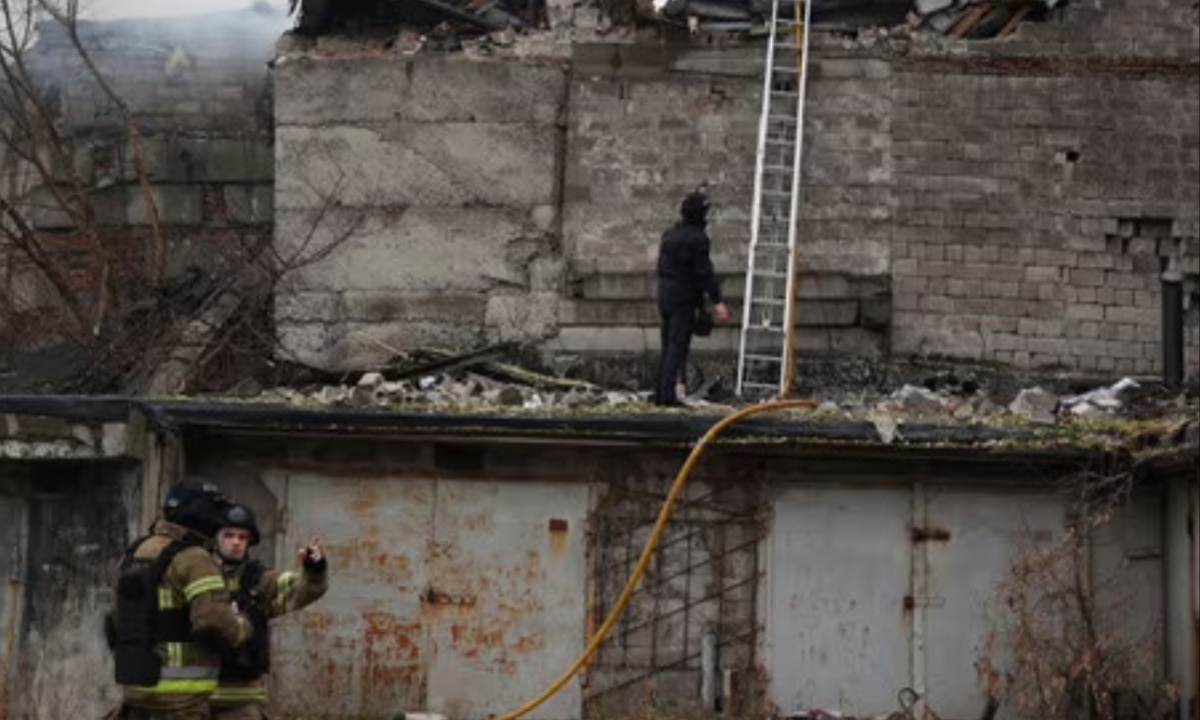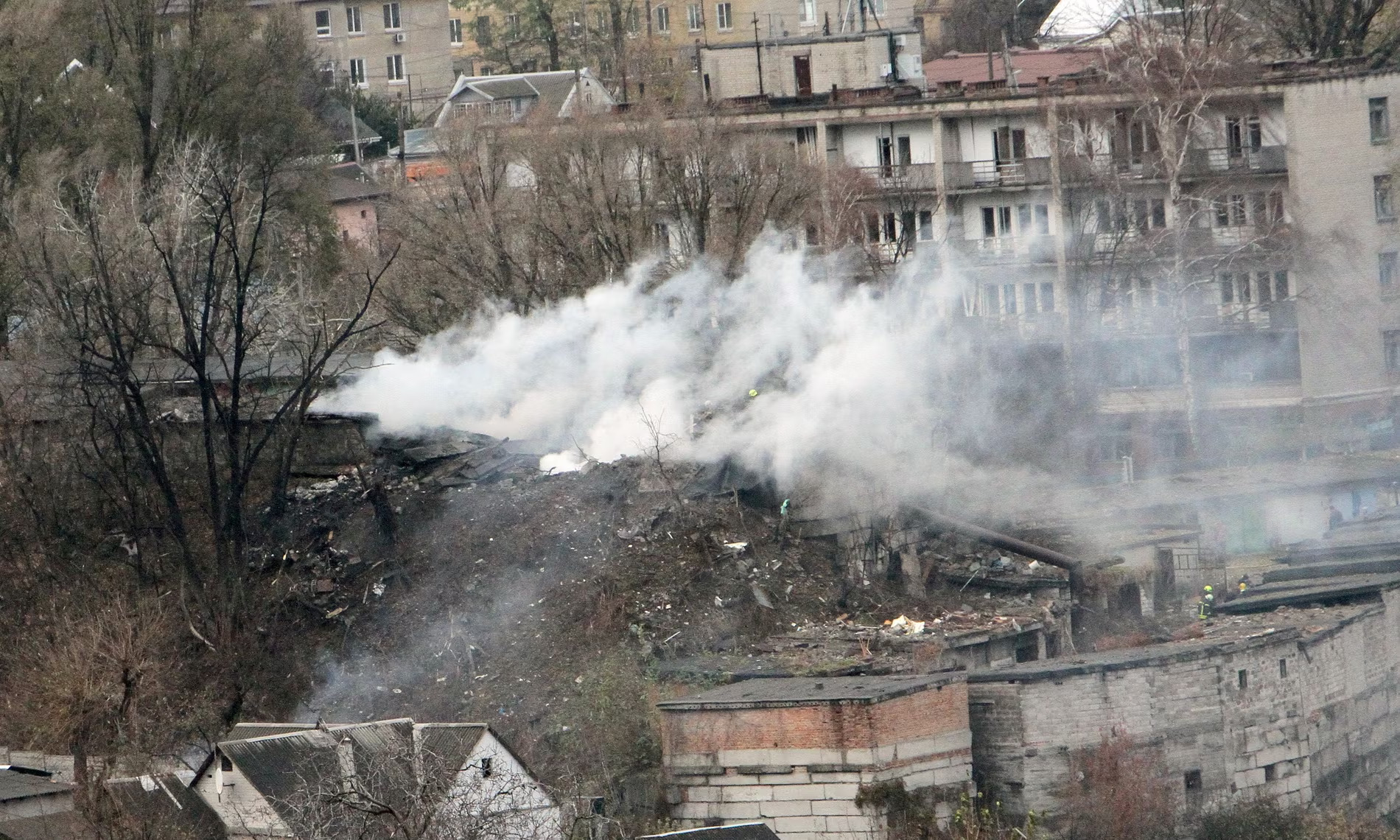Russia’s President Vladimir Putin announced that the country has a stockpile of powerful new missiles, including the Oreshnik hypersonic missile, which he claims cannot be intercepted. Following a strike using this missile on the Ukrainian city of Dnipro, Putin declared plans for further testing and production, including in combat scenarios.
This event marks an escalation in the ongoing war, with Ukraine recently launching US and British missiles into Russian territory for the first time. Ukrainian President Volodymyr Zelensky has called for decisive international action to counter Putin’s aggression and demanded upgraded air defense systems, such as the US THAAD or improved Patriot systems, to protect his nation.
The Oreshnik missile, which reportedly flies at 10 times the speed of sound, represents a significant advancement in Russia’s military arsenal. Thursday’s attack on Dnipro, involving this missile, caused prolonged explosions and devastation, with Ukrainian officials likening its impact to an intercontinental ballistic missile (ICBM).
Experts suggest that Russia may have used this strike to demonstrate its military strength and challenge Ukraine’s air defense capabilities. Putin framed the missile’s deployment as retaliation for Ukraine’s use of long-range Storm Shadow and Atacms missiles supplied by Western allies.
The intensifying conflict has drawn warnings from global leaders about the potential for escalation into a broader conflict. Poland’s Prime Minister, Donald Tusk, warned of the war entering a decisive phase with global implications.

Russia Deploys Hypersonic Missile in Ukraine, Escalating Global Concerns Over Conflict Expansion
Hungary’s Prime Minister Viktor Orban urged the West to take Russia’s military warnings seriously, while North Korea’s Kim Jong Un highlighted an unprecedented threat of nuclear war, blaming US policies. North Korea’s involvement in the conflict has included sending troops to fight for Russia, adding a new layer of complexity to the war.
In response, US President Joe Biden has authorized Ukraine to use longer-range Atacms missiles against Russian targets, partly as a countermeasure to North Korea’s involvement. Both Russia and Ukraine are striving to secure strategic advantages on the battlefield before Donald Trump potentially assumes the US presidency in January. Trump has pledged to end the war quickly but has not outlined his approach, leaving uncertainty about his plans and their implications for the conflict.
Zelensky has also criticized China for its lukewarm response to Russia’s missile escalation, calling it a mockery of calls for restraint. He expressed frustration with the Ukrainian parliament for delaying a session over security concerns, emphasizing the need for resilience and continued work amid the war. In a firm message to Ukrainians, he urged adherence to wartime protocols and the prioritization of service to the nation, reinforcing the need for determination in the face of Russian aggression.











































